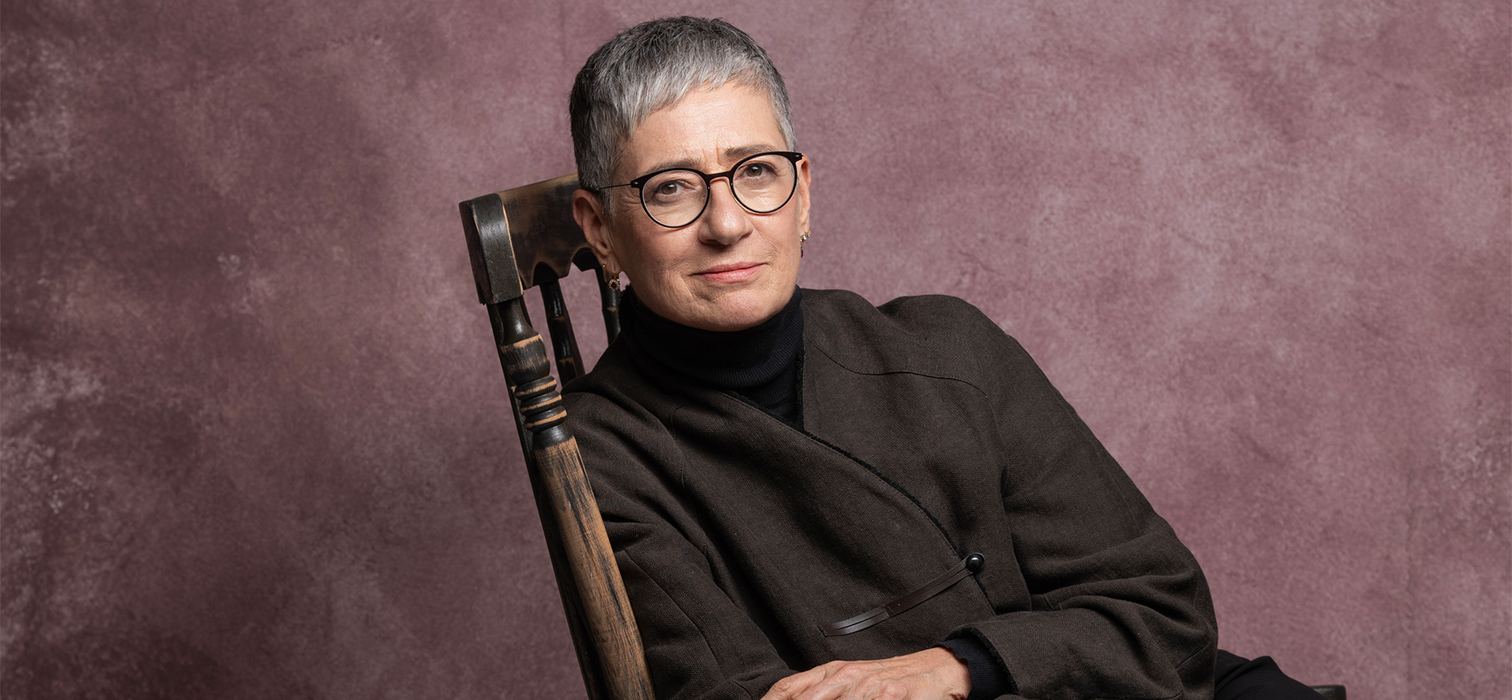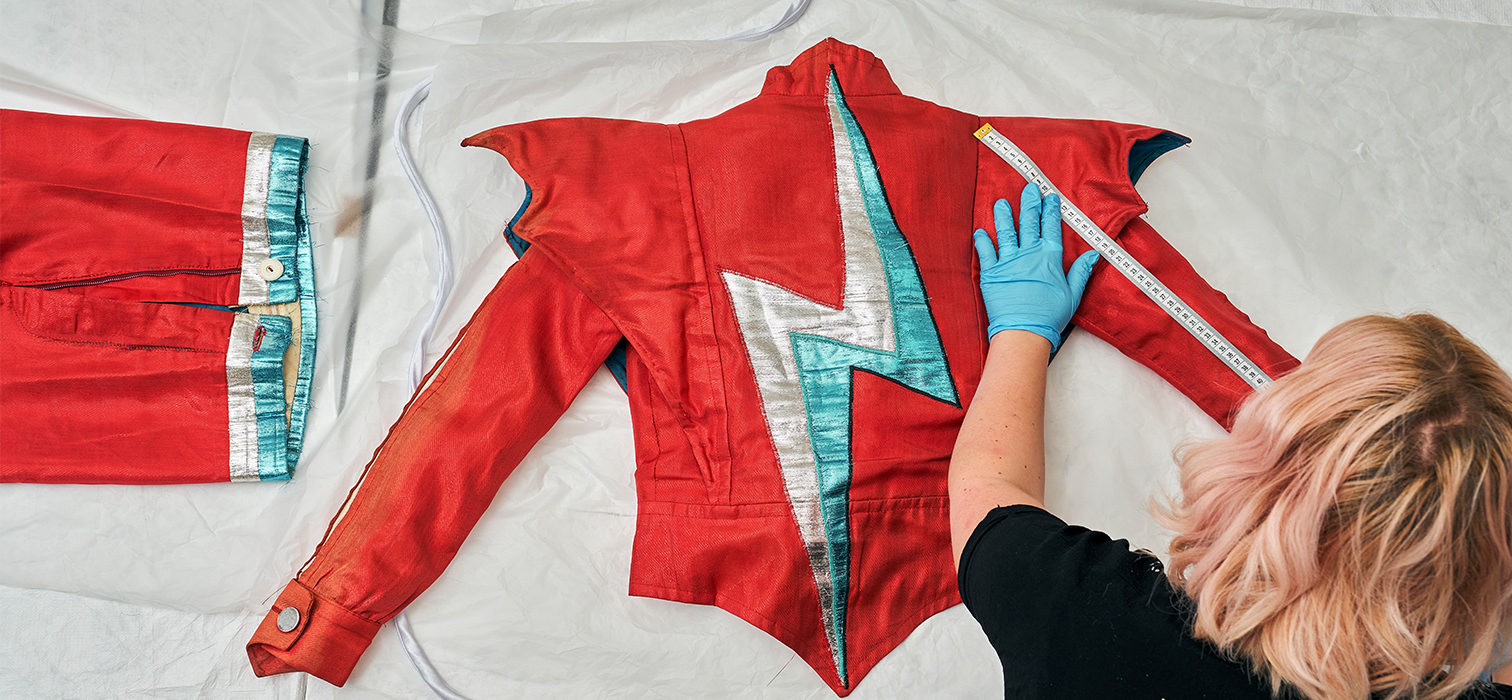An Elegant Mother-Daughter Showdown: “Petite Maman”

“First the mother gave birth to the child
Then the child added the mother and death to the pain
Then everyone and everything came into existence from the child”
Arkadaş Zekai Özger
We take a closer look at “Little Mom”, one of the favorite films of 2021, which will be came to MUBI on February 18.
“Petite Maman”, the latest film by French screenwriter and director Céline Sciamma, deals with the dynamics of grandmother, mother and daughter relationship by establishing a story of mourning and growing up through a timeless narrative. The movie opens with a farewell scene: we first see eight-year-old Nelly (Joséphine Sanz) as she bids farewell to the other residents of the nursing home where her grandmother, who has just passed away, stays. The rest of the scene opens towards the grandmother’s vacated room; for the first time, we see Nelly’s mother Marion (Nina Meurisse) collecting the remaining items in the empty room. After the short mother-daughter dialogue, as Nelly leaves the room, the camera captures the mother looking out the window with a wide angle: a woman on the verge of mourning, with a slumped shoulders, and a window opening onto the autumn garden full of yellowed grass. At the very beginning of the movie, we feel like we are looking at a Claude Monet painting. In Sciamma’s words, this movie seeks solace and healing; with its yellowish, brown and green tones, it gives a sense of calmness that pleases the person from the very beginning.

“Petite Maman” captures a loss through the eyes of both an adult woman and an eight-year-old girl in its short run of nearly 75 minutes and its stark narration. After this loss, we watch the scenes of the mother, daughter and father who go to vacate the grandmother’s house. As the house empties, the few items left open open a door to Marion’s past, and the person who will enter through this door will be Nelly. As a spectator, I find the most revealing moment of the past, the unrefreshed wallpaper on the back of the kitchen cabinet after it was pulled. The camera takes Nelly, who is sitting in a chair in front of the wallpaper, as the cabinet is pushed sideways. Is this the first trace of Nelly’s journey through her mother’s memories? While her parents are collecting things, Nelly takes a stroll through the woods behind the house and encounters a girl who is building a log cabin in the woods. A little girl building a hut with wood just like her mother had done years ago. This girl Nelly encounters is the 8-year-old version of her mother. It is not known whether this is a dream or whether Sciamma invites us to a surreal story, which the film does not seek an answer for.
It would be appropriate to call it an elegant showdown after this encounter, because we see Nelly searching for the reason for her mother’s sadness today in her relationship with little Marion. Part of this, for example, is little Marion’s long gaze at their stillness, observing her relationship with her mother—Nelly’s grandmother. While she has thought that she is the reason for her mother’s unhappiness until today, this short trip to Marion’s childhood will also allow her to find an answer to this question in her mind. When Nelly’s question is raised during their few days of friendship, little Marion answers: “You did not invent my sadness.”

“Petite Maman” allows an elegant mother-daughter reckoning with the gateway to a mother’s childhood. In my opinion, the point that makes this showdown elegant is that the forest where Nelly goes for a stroll is just behind the house and full of warm colors, unlike the dark forests outside the city where the unconscious emerges. So, unlike many mother-daughter conflicts, it doesn’t get riveted and filled with tension. Sciamma bases its story on the compassion and understanding of a little girl. Going to Marion’s childhood on the road behind her grandmother’s house, Nelly befriends her mother’s memories. I don’t know if it is the effect of the pandemic, these days when the directors are strengthening their ties with the past, “Petite Maman” also goes to the past by using the road behind the “house” to understand the reason for the sadness. In its simplest form, “Petite Maman” is a movie of solace and healing, as Sciamma calls it.




